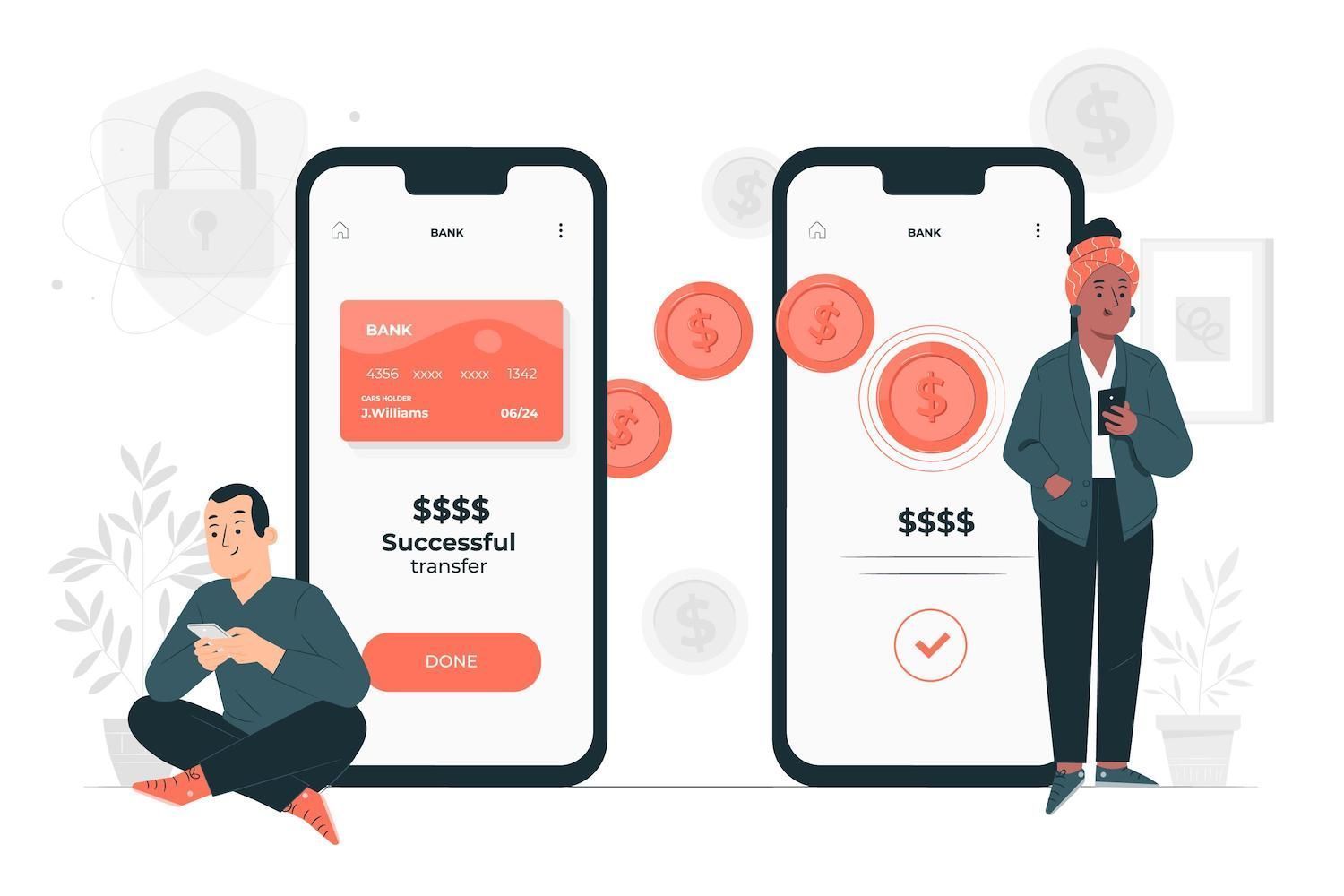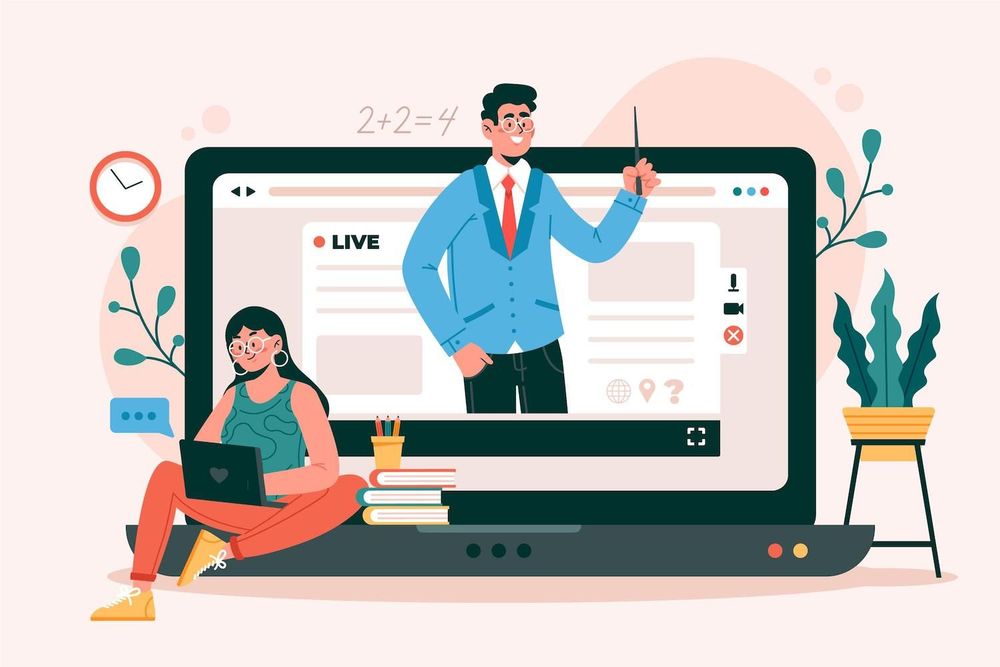What's it that is what makes it Epic you'd like to have on App Stores? What other game creators Really Would like to see? -
As mobile game and app creators battle to overcome the duopoly tax which reduced 30 percent of each dollar used for gaming. Epic Games has emerged as the leading gaming enterprise striving to establish open computing as a standard for mobile.
They privately asked large and small studios to showcase games that have the qualities they are looking for in games. This was exactly the type of game they'd like to view.
Background: The slow demise of Open Computing, and the tax of 30% that is imposed to applications
It has never been simpler to make use of than it is now. From the beginning, games as well as software developers depend on the versatility of PC as well as Mac platforms. It allows game designers to create games in the way they like in addition to maintaining relationships with gamers and choosing payment methods that satisfy the demands of gamers. No one was a gatekeeper, only gaming or computer gamers. Today, technology is changing how we live.
In the present, over half of the time used for accessing computer systems is spent using smartphones. The proportion of smartphones increasing, and higher than the share of the market. This is managed by Apple and Google. The increasing demand for smartphones that are available and the ever-growing limitations to access to games and commerce on the web, the dependence on the technology of computers is much greater than it was to be and this results in enormous costs for users as in addition to game and app creators.
In both cases, Google as well as Apple's App Store demand users to pay 30% to market games. This is in addition to extra items that are related to games available for both platforms. Apple is the sole authority over the games available and related items that are related to commerce on iOS devices. Google lets OEM app marketplaces as well as games for mobile devices to be loaded using sideloading. However it limits gaming payments made by third parties by Google Play.
Google Play does offer a payment integration, which lets third-party companies can use only the top game developers through"user preference billing. " user preferences billing" test. The downside is the fact that "user preferential billing" is going to cost you $26 per year on the entire market, regardless of whether you decide to use of the payment processor you control and assume all the obligations and responsibility to pay.
The outcome of Apple along with Google's dominance over the bulk of the computers in the world include taxes at 30% of mobile games and apps. The cost of this tax is shared by players, but developers aren't able to pay the tax. Of games that limit the ability to access the internet for free in addition to online shopping. Because this is the only option to gain free computing, developers all sizes believe that they must make adjustments.
What do you think about game makers who do not develop games that don't Epic?
The business group took the course of several months of dialogue with game designers large as well as small, regarding their views of what they should be expecting from them about the policies of mobile apps. Although not all have a common understanding on all issues However, there were three frequently debated questions they discussed:
1. iOS to support sideloading games which don't show a scary screens.
iOS is platform with an expiration date that permits "sideloading" apps and games that can be installed and downloaded without accessibility to the App Store, directly from the official website of the developer, or through an alternative marketplace. The sideloading feature allows developers ' services to promote and sell their games according to their terms, based on the price they're willing be willing to pay. Android allows sideloading for games and applications however, only if there are severe warnings. They are known as "scare screens" warning users of gadgets about the dangers of "downloading apps via the internet." Most game developers have told us that Apple may allow the sideloading of apps. It is crucial to make sure that Apple and Google avoid using self-serving screens that discredit apps sold out of their stores for apps.
2. Unlimited "steering" and embedded payment using third-party payment services.
Both Google and Apple each have their own strict rules on charges for transactions that are made with various payments that can't be accessed through stores for apps. The same products can be found at an affordable cost to consumers. Game designers can't guide their users to these alternatives as well as offer the choice to shop on various websites and even integrate the purchasing experience of a third party into their game. Numerous game developers have discovered advantages of through app stores. One of the best-known possibilities was to let gamers and players to choose whether they want to have no limitations on payment and integrate these options into games.
3. There's no cost involved in the steering process or with embedded payment.
The process of integrating or steering payment is a completely different thing. However, it's very like the one demonstrated in the Google "user preferred billing" trial. Ability to modify the manner you invoice, and also offering a financial incentive to make this change are two distinct features. The pilots tested used "user billing options" with an enthralling cost of 26% on transactions that were made using third-party payment services. When you add in the cost of service suppliers which is an unprofitable advantage to the vast majority of developers. The game designers we spoke to stated that a one per cent cost was a fair amount to cover transactions that aren't associated with the app store. They were mainly the payment of games to boost the rate of download of their games, as and to improve their acceptance. Also, it is evident that the rate of 26% for each transaction made by third parties wasn't what the app's creators thought was acceptable.
What's next?
There's a range of nuanced requirements about how the applications work, that game designers must be conscious of. These three criteria constitute the basis of what they consider to be the most important changes in open computing in mobile devices.
About

David Nachman David is the director of the business that is the most reliable online retailer of products and services for companies using software. David is charged with controlling the growth of the business and its expansion, the base of their expertise and ability in providing top-quality customer service for the rapidly growing software market. More than a year, David has held a range of roles that include functional vice-presidents and post-CEO positions at businesses with rapidly expanding. The roles comprised Vision, Velocify, and HireRight.
The original article first appeared on this site
The post was made available on this website.
This article first appeared on this site
The article was first published here
This post was originally posted on this site
This post was first seen on here
